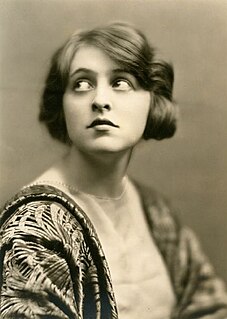
Florence Eldridge was an American actress. She was nominated for the Tony Award for Best Actress in a Play in 1957 for her performance in Long Day's Journey into Night.

Connie Russell was an American singer and movie actress. Born in New York City, she appeared in seven films from the 1930s through the 1950s. She was far better known as a singer than as an actress, as her singing career was quite extensive.

Arnold Moss was an American character actor. His son was songwriter Jeff Moss.

Philip Bourneuf was an American character actor who had a long stage career before appearing in films.

John Marriott was an American actor of the stage, film and screen, whose career spanned five decades. His acting career began on the stage in Cleveland, prior to his moving to New York City, where he was a regular performer on the Broadway stage. In the 1940s he also began to perform in films, when he reprised his role from the hit Broadway play, The Little Foxes, in the William Wyler movie of the same name, starring Bette Davis. While he appeared infrequently in films, he was quite active in theater, both on Broadway and in regional productions. His final performance was on-screen, in the Al Pacino film, Dog Day Afternoon.

Robert Edeson was an American film and stage actor of the silent era and a vaudeville performer.

Robert Wesley Addy was an American actor of stage, television, and film.
Michael Strong was an American stage, film and television actor.

William Herbert "Bert" Woodruff was an American actor of the silent era.
Flournoy Eakin Miller, sometimes credited as F. E. Miller, was an American entertainer, actor, lyricist, producer and playwright. Between about 1905 and 1932 he formed a popular comic duo, Miller and Lyles, with Aubrey Lyles. Described as "an innovator who advanced black comedy and entertainment significantly," and as "one of the seminal figures in the development of African American musical theater on Broadway", he wrote many successful vaudeville and Broadway shows, including the influential Shuffle Along (1921), as well as working on several all-black movies between the 1930s and 1950s.
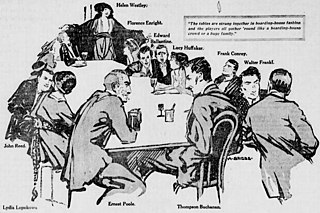
The Washington Square Players (WSP) was a theatre troupe and production company that existed from 1915 to 1918 in Manhattan, New York City. It started as a semi-amateur Little Theatre then matured into a Repertory theatre with its own touring company and drama school, while maintaining its goal of presenting only works of artistic merit. It had a great amount of national newspaper coverage and sparked like-minded companies across the country, before it was forced to disband in 1918 due to wartime economic pressure and personnel shortages. Three of its original members would then found the longer-lived Theatre Guild having much the same purpose.

Minna Marie Gombell was an American stage and film actress.
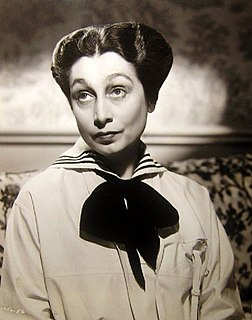
Aline Laveen MacMahon was an American actress. Her Broadway stage career began under producer Edgar Selwyn in The Mirage during 1920. She made her screen debut in 1931 and worked extensively in film, theater and television until her retirement in 1975. She was nominated for an Academy Award for Best Supporting Actress for her performance in Dragon Seed (1944).
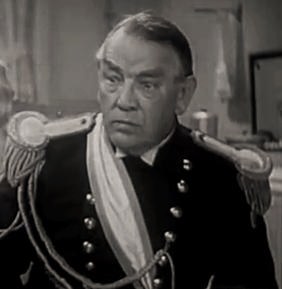
Frederick Roger Imhof was an American film actor, vaudeville, burlesque and circus performer, sketch writer, and songwriter.

Boyd Marshall was an American actor of the stage and screen during the early decades of the 20th century. Born in Ohio in 1884, he moved to New York to pursue a career in acting. He began on the stage and in vaudeville, before entering the film industry in 1913. He had a brief film career, lasting until 1917, before he returned to the stage.
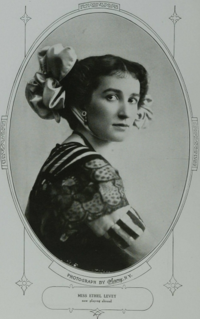
Ethel Levey, born Grace Ethelia Fowler, was an American actress, dancer, and singer in musical theatre and on the vaudeville stage. She was the first wife of George M. Cohan, and the second wife of aviator Claude Grahame-White.
Joseph Greenwald was an American actor who died on stage after having a heart attack.

Louise Alexander, born Jennie Louise Spalding, was an American theatrical and social exhibition dancer between 1905 and 1916. She began as a chorus girl, soon became a pantomime dancer, then an exhibition social dancer in restaurants and on the vaudeville stage.
Francis J. Felton Jr. was a bandleader, vaudevillian, and host of children's television programs. He was known professionally as Happy Felton.

José Ruben was a French-born actor whose career from 1910 on was in the United States. He first rose to prominence in 1916-1917 with the Washington Square Players, and for the next ten years was a highly regarded lead player. He acted in over twenty silent films and was a fixture on Broadway stages, as both performer and director, for over forty years. He also taught drama at Barnard College and was a stage director for the New York City Opera.
















